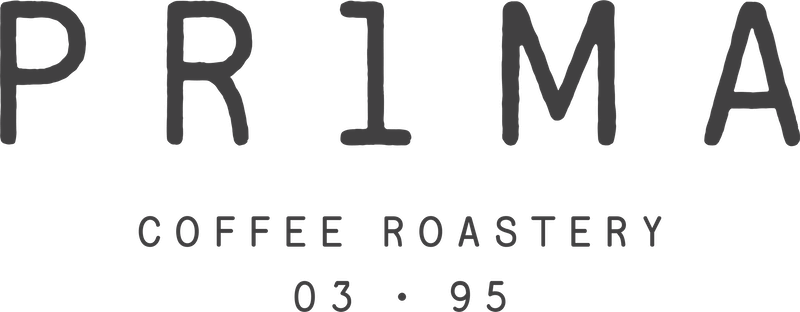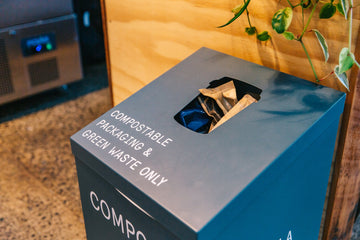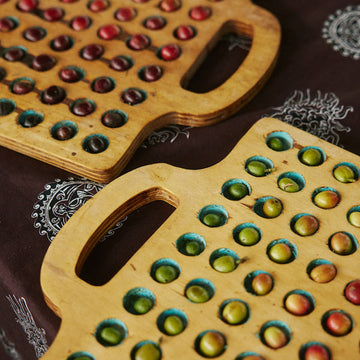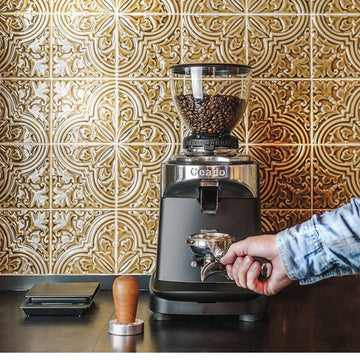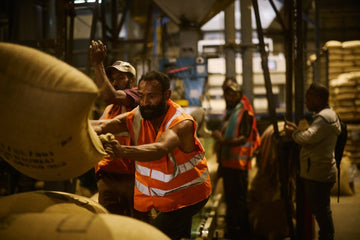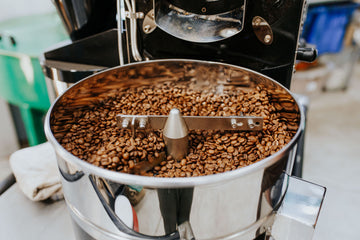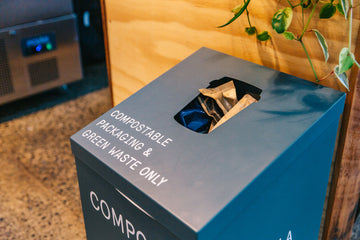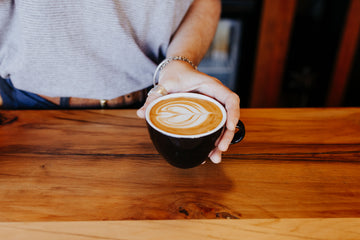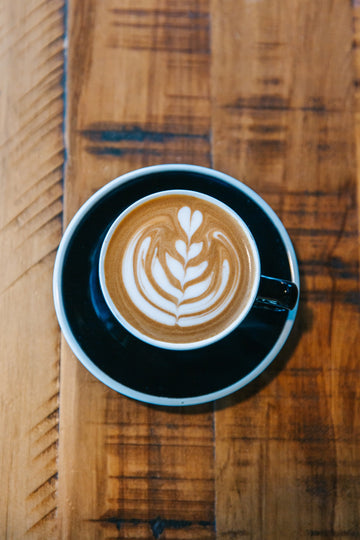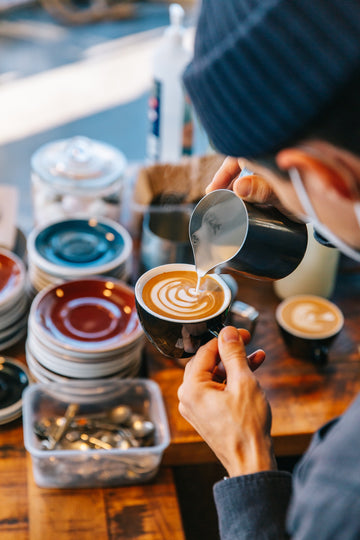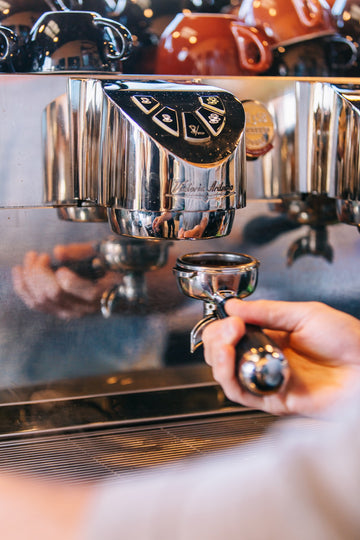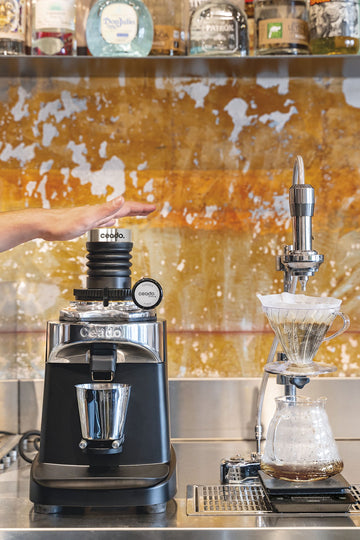Fairtrade and Fair Trading
Coffee is an extremely volatile commodity on the open global market with price fluctuations a common occurrence. As is illustrated in the graph above showing the historical coffee prices back to 1969 in USD per pound.1 Around 125 million people worldwide depend on coffee for their livelihoods, and 80% of it is produced by 25 million smallholders.2 These small farmers have limited market information and bargaining power, which can mean they are not able to get a fair price for the coffee they produce and the dramatic fluctuations in price cause huge levels of uncertainty. Fairtrade “certified coffee producer organisations are guaranteed to receive at least the Fairtrade Minimum Price for their coffee, which aims to cover their costs of production and act as a safety net when market prices fall below a sustainable level.”3 Fairtrade farmers and growers are also paid a premium for their products which can be invested back into their lives and communities. 25% of this premium must be spent to “enhance productivity and quality, for example by investing in processing facilities.”4Fairtrade also set core conditions of production and trade which help us be better global citizens and fair trading partners in a way that would otherwise be impossible with our resources. By outsourcing the responsibility of managing our Supplier Code of Conduct to Fairtrade we can be assured of the best outcomes for our coffee growers and suppliers worldwide. So Fairtrade is a win-win situation that benefits both us and the growers. In uncertain and volatile times both buyers and sellers enjoy relatively calm seas. Prima has been registered with Fairtrade for the last 15 years.
While we are registered with Fairtrade and supply Fairtrade products to many of our key customers, we are not 100% Fairtrade. There are some valid reasons for this and the Fairtrade system is not the only way to ensure fair trading. Some producers, for example, grow highly-coveted coffee which is sold far above the fair trade minimum in all market conditions. They have no incentive to be part of the Fairtrade system and we don’t want to miss out on being able to buy their great coffee. Another is direct trading where fair trading is achieved by having direct relationships with a grower in person and ensuring they are supported, appropriately paid and their source of income is secure through contracts to purchase. We don’t currently buy any direct trade coffee but it is an aspiration. But that is only a small part of the story and we have a significant portion of our sales coming from non-fairtrade coffees. While we source these from the most reputable importers in New Zealand we do have to consider whether our Fairtrade sales target should be higher. Let us know what you think!
